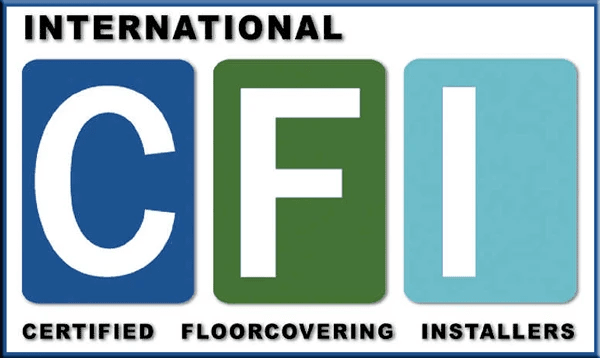Q. Are there any advantages to bamboo flooring over hardwood flooring?
A. Bamboo is a very durable flooring because it is harder than hardwood. It also costs about the same as hardwood and is installed in the same method. It can be floated, glued to a concrete sub-floor or nailed to a wood sub-floor, depending on the brand and style. It is also extremely versatile and can be installed above or below grade in any room other than wet locations, since it should not be exposed to moisture that could damage the floor. Bamboo flooring can also be installed over existing wood or vinyl flooring.
Q. What is the difference between bamboo planks that are horizontal and vertical?
A. Natural bamboo is hollow and thin so they have to use strips of bamboo and bond them together to create the flooring. In horizontal bamboo the strips are laid flat so that you see the natural imperfections like the growth rings and grains. In vertical bamboo the strips are on their sides and bonded together where you cannot see the growth rings offering a less natural appearance and creating a totally different look.
Q. What does it mean when bamboo has been carbonized?
A. When bamboo is carbonized, it is steamed to caramelize the sugars in it and naturally change the color of the bamboo without staining it. However, the carbonizing process does compromise the hardness of the bamboo by softening it up to 30%. Stained bamboo flooring is also available as an alternative which maintains the hardness of the product.
Q. What does the term strand woven bamboo mean?
A. Strand woven bamboo flooring is 4 times harder than red oak hardwood flooring and is produced by bonding shredded fibers of bamboo and resins under extreme pressure using heat. This type of bamboo flooring is extremely durable and is appropriate for commercial use as well as residential.
Q. Can bamboo flooring be used in the kitchen?
A. Yes. Bamboo flooring can be installed in a kitchen just like hardwood flooring and is becoming more popular among consumers. Just make sure you clean up any spills right away and dry the floor completely. You should also use a mat at the kitchen sink to protect from any water that could dripping on the floor.
Q. Should bamboo flooring be used in a bathroom?
A. No. The manufacturer will not warranty any bamboo flooring installed in a bathroom due to steam, moisture and humidity issues, which could damage the flooring.
Q. Is bamboo considered an eco-friendly flooring choice?
A. Yes. Bamboo flooring is considered a green flooring, which means that it is environmentally friendly and in reality is not wood, but is considered a grass that replenishes itself by reaching full maturity in 5 to 10 years, reaching heights well over 100 feet in that short length of time. Therefore, bamboo replenishes itself rather quickly so that it can be re-harvested.
Q. How do I maintain my Bamboo floors?
A. Bamboo flooring has the same protective finish as hardwood flooring so you would care for them the same way. You can clean up dust and dirt off of the flooring with a dust mop or broom or you can vacuum using a flooring attachment. Place doormats at entrances to minimize mud, grit or moisture being carried inside and onto your flooring. The use of color fast throw rugs that are scratch resistant and felt protectors under furniture legs and appliances will help in protecting the floors. Don’t allow any liquid or moisture to remain on the flooring. Place a mat in front of the kitchen sink to avoid any splashes of water onto the floor. Avoid wearing high heeled shoes while walking on your flooring. Don’t use wax or any abrasive cleaners or scour pads on your flooring. Avoid exposing your flooring to extended periods of direct sunlight.
For more information please contact us at 1-877-966-3983 or woodwudy.com.
































